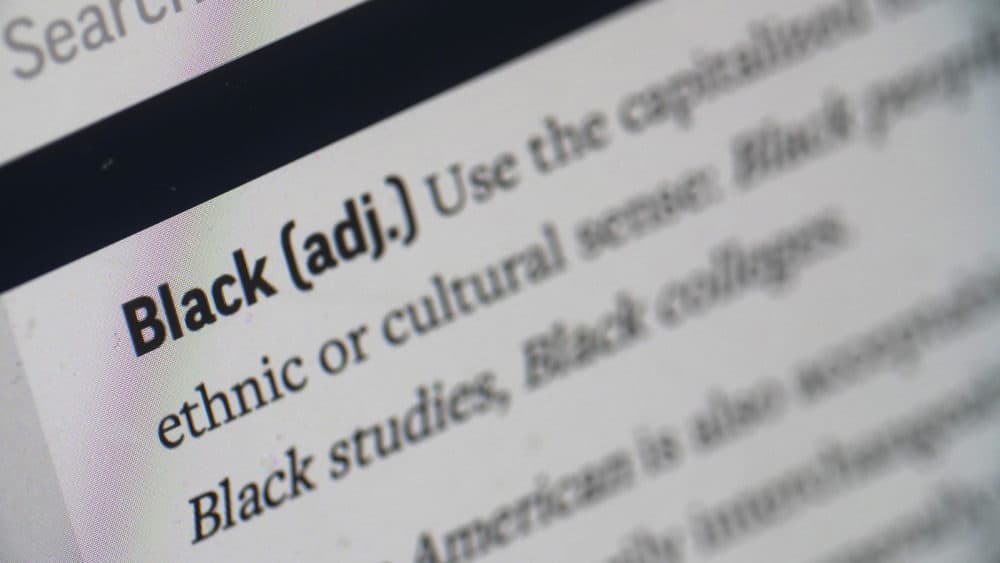Advertisement
Author Damon Young Says It's Time To Retire The Term 'People Of Color'
Resume
The term "people of color" is having a moment right now. It’s used as a way to describe non-white people, most recently in the collective action to fight racism.
But author Damon Young argues we need to stop using the term, or at least use it in the way that it was intended.
The term originated from Black activists as a way to communicate solidarity among non-white women during the women’s movement in the 1970s. But now it’s used as a one-size-fits-all definition to describe anyone who isn’t white, says Young, the author of "What Doesn’t Kill You Makes You Blacker.”
“I want to make clear that I'm not losing sleep over this term,” he says. “My issue with it is actually not so much with how actual people of color use the term, but how white people use it and use it as this one-to-one substitute when they're actually specifically talking about Black people.”
Young says he noticed this while he was speaking on an all-Black panel about Black issues in Pittsburgh. A white audience member started to ask him a question about strategies to remove disparities for people of color, when he cut him off.
“I stopped him like right in its tracks,” he says, “Like they're nothing but Black people here. So why are you using people of color to address us? Why would you go there?”
The most recent racial reckoning in the U.S. has sparked a fraught conversation over what to call Black people, but Young says it shouldn’t be that way. People should just call Black people exactly that.
“Black is fine,” he says. “Black is quick. Black is simple.”
If you don’t know how to refer to someone, Young suggests simply asking them.
“Just be honest and just be direct,” he says. “Using this ‘people of color’ catchall pushes all of it together when there are important distinctions within the different people of color.”
BIPOC is intended to counter some of the problems Young has with POC by distinguishing Black and Indigenous people within the term — but he thinks it’s so bad that he hasn’t learned what exactly it stands for.
Young says he doesn’t want to minimize efforts behind creating these terms, which were constructed in the “proper spirit.” He says “it’s vital” to create terms to describe ourselves.
“Language matters. Language is the colonizers' most important weapon,” he says. “When I'm talking about this thing, this is a thing more that white people do, and I want to make that clear.”
Unfortunately, the original meaning of these terms has been lost, Young says. For instance, there are tons of different ways that white people talk about white people without actually saying white people — Caucasian, middle-class voters, Southerners.
The term Caucasian is now viewed as an inaccurate way to describe all white people. It was popularized by an 18th century German anatomist to describe the native people of the Caucasus Mountains, who he described as the ideal form of humanity. But obviously, not all white people can trace their roots back to the Caucasus Mountains.
This is just one example of how these racial terms have evolved and lost their original meaning, Young says. These terms no longer mean what they were intended to mean, so we should stop using them.
“I do recognize that these are made-up terms,” he says. “And since the categories do exist, we should call them and call them exactly what they are instead of trying to euphemize our way out of them.”
Marcelle Hutchins produced and edited this interview for broadcast with Tinku Ray. Samantha Raphelson adapted it for the web.
This segment aired on September 4, 2020.

